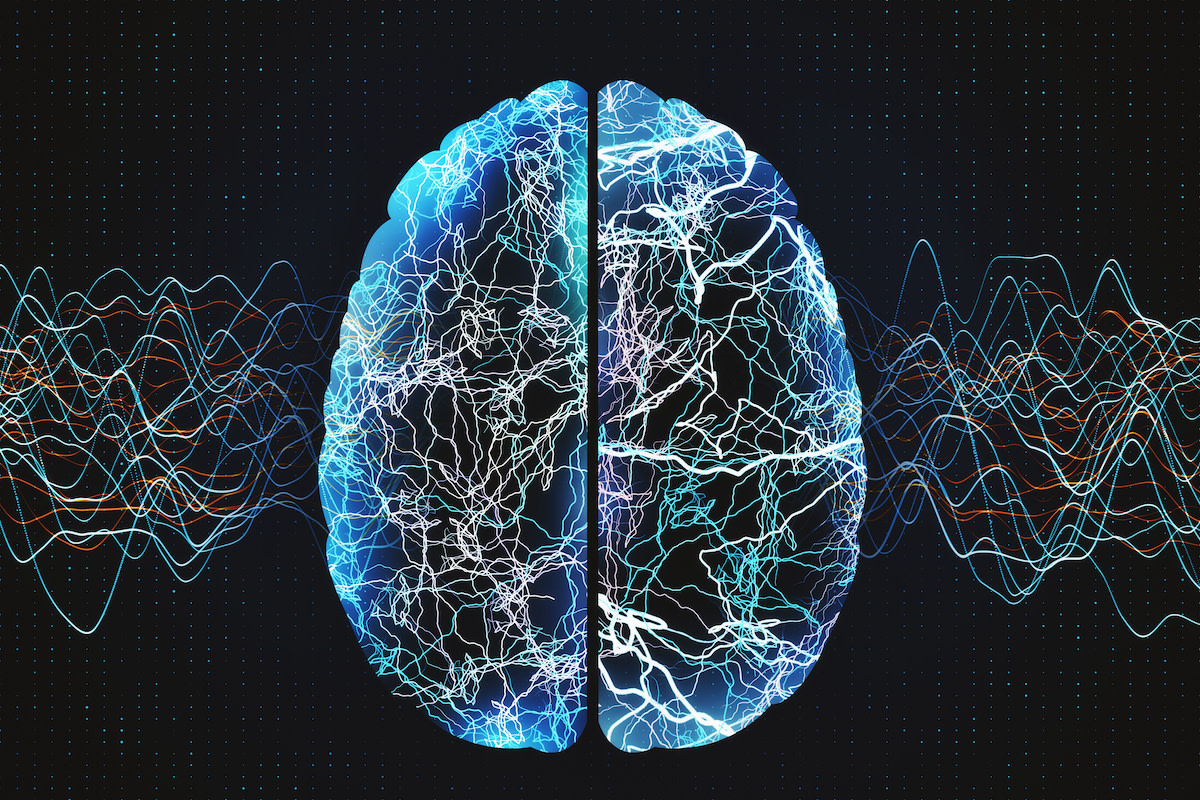What Is Ego Death? 3 Stages of Ego Death Experiences
Written by MasterClass
Last updated: Feb 16, 2023 • 4 min read
Plenty of people through the ages claim to have undergone experiences in which they totally lost their sense of self-identity. Some who’ve experienced ego death describe it as positive and life-changing, while others have insisted it was terrifying and destabilizing. Learn more about what ego death is.
Learn From the Best
What Is Ego?
Ego refers to a person’s sense of self. Sigmund Freud, the father of psychoanalysis, believed human beings interfaced with the world around them by relying on structures he called the id, ego, and superego. The id refers to the unconscious, untamed, and instinctual elements of the self, while the superego is the person’s sense of conscience as a result of their external dealings with the world.
The ego is what mediates between the two extremes of the id and superego and grants a person their innate sense of self. In neuroscience, you might hear people refer to the same idea as the default mode network of the brain.
What Is Ego Death?
Ego death is an experience in which you lose your sense of self by cultivating a deep sense of awareness.
As you go deeper into a meditative or psychedelic state, you might feel yourself becoming one with everyone and everything around you. While some characterize this experience as encountering their true selves, others believe it indicates there is no self in the way people traditionally characterize it.
The concept of ego death stretches back to the spiritual journeys of Buddhist, Sufi, Christian, Taoist, and other religious seekers. The term itself came from The Psychedelic Experience: A Manual Based on the Tibetan Book of the Dead by noted 1960s psychonaut Timothy Leary. He wanted to come up with a phrase capable of conveying what he and other psychedelic users experienced when taking high quantities of LSD.
What Causes Ego Death?
To lose their senses of self, people take measures others might find extreme or even dangerous. These are just a few of the main causes of ego death:
- Near-death experiences: A close brush with physical death often correlates to an experience of ego death. After someone undergoes such a stark trauma, they might claim they felt a deep sense of oneness and peace with the universe. Psychologist Stanislav Grof believes ego death is a flashback to the experience of childbirth or a preview of actual death.
- Psychedelic substances: Drugs like ayahuasca, DMT, LSD, ketamine, psilocybin or magic mushrooms, and other psychedelic drugs can all trigger ego death if a person takes a high dose. This always comes with the risk of inducing major negative side effects. Long-lasting paranoia and psychosis are all risks users assume when taking these substances. On the other hand, promising research indicates controlled experiences with these drugs in limited doses might have a positive effect on treating depression, anxiety, and other mental health disorders.
- Spiritual practice: In Buddhism, ego death is satori; in Sufi Islam, it’s fana; in mystic Christianity, it’s oneness with God after the dark night of the soul. Regardless of the tradition, ego death is synonymous with spiritual awakening. Through months of prayer, meditation, and spiritual practice, mystics of multiple religious traditions have sought (and allegedly achieved) the death of the ego through personal effort rather than the use of psychedelic substances.
How Ego Death Works
To undergo an ego death experience for the first time, many people turn to the use of psychedelic drugs. People have also achieved transcendence through their own dedicated spiritual practice. In either case, ego death works by short-circuiting aspects of your brain’s default mode network through intense experiences. Some studies indicate chemicals like glutamate and dimethyltryptamine (DMT) influence this process as well.
3 Stages of Ego Death
Every so-called ego death will feel different, but there are some key commonalities worth noting. Here are the most common stages of an ego death experience:
- 1. Dissolution: Prior to the ego death itself, a person enters an altered state of consciousness, either through sustained meditation or psychedelic drug use. Since so many of these substances double as hallucinogens, you might see sacred geometry and dreamlike imagery others won’t during this phase. Ego dissolution is jarring in its own right, as this is when you feel you’re losing your grip on conventional reality.
- 2. Ego loss: As the dissolution process concludes, a person feels a complete loss of subjective identity. For that matter, there will be no self able to feel this in a traditional sense—instead, there will be a sense of unity with the expansive fabric of reality. This could feel like a mystical experience of Nirvana or enlightenment. By contrast, it could prove disturbing to the unprepared.
- 3. Return to everyday life: After this experience, a person returns to routine reality as they know it, although they might now approach it with a new perspective. Ego loss or ego death stays with a person for a very long time. This can have both positive or negative side effects, depending on the person. Controlled psychedelic therapy or sustained spiritual practice is always a safer choice than experimenting with heavy-duty hallucinogens alone.
What Does Ego Death Feel Like?
Ego death experiences feel different to every person. Letting go of your sense of identity could feel like liberation and enlightenment. Others might find the experience disruptive to their mental health and well-being at the deepest possible level. Some believe it gives you a glimpse into your true nature, others believe it’s a state of drug-induced psychosis. Regardless of the circumstances, the experience leaves an indelible mark on anyone who undergoes it.
Learn More
Get the MasterClass Annual Membership for exclusive access to video lessons taught by the world’s best, including Doris Kearns Goodwin, Ron Finley, Jane Goodall, Neil deGrasse Tyson, and more.
